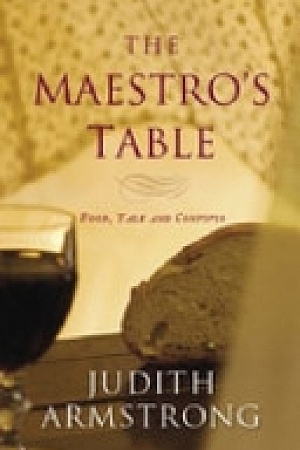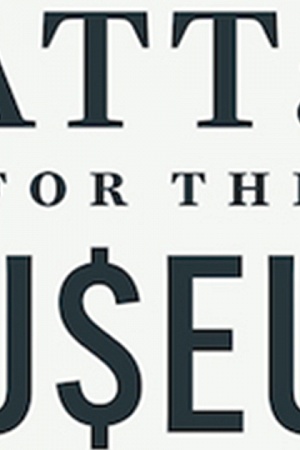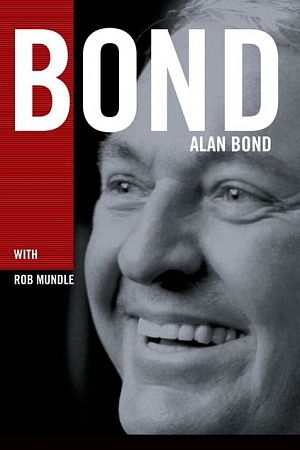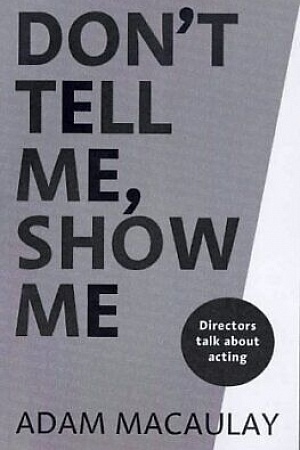Platform Papers No. 4:: The Myth of the Mainstream: Politics and the performing arts in Australia
Currency House, $12.95 pb, 70 pp
Hear them roar
In 1964 the Australian television show Bandstand set up an annual talent contest called Bandstand Starflight International. In its first year, one of the national finalists was a sixteen-year-old schoolgirl called Robyn Smith, who later changed her surname to Archer. The following year, the contest was won by a 24-year-old professional singer called Helen Reddy.
Reddy and Archer were both born in Australia in the 1940s, to parents who were themselves entertainers. Both have had successful careers as singers. Both are associated nationally and internationally with feminism, and have been so ever since the mid-1970s. Reddy has won a Grammy, hosted her own US prime-time television variety show, and had three Number One hit singles in the same year. Archer’s lifetime of work in singing, music theatre and arts festival directorships has earned her formal honours in Australia and Europe: she was made Officer of the Order of Australia in 2000 and Chevalier du l’Ordre des Arts et des Lettres in 2001. And this year they’ve each published a book.
Archer’s long essay is a brilliantly written, intellectually shining and occasionally very funny piece of polemic by a practising artist and old lefty with a sharp contemporary eye and an argument about the nature of art and its relationship to the government on the one hand and the population on the other. It engages directly with the mood and culture of contemporary Australia. It is the fourth in a series of quarterly essays on the performing arts, Platform Papers, being published by that admirable institution the Currency Press.
By contrast, Reddy’s chunky celeb memoir, cliché-ridden and under-structured, is intellectually non-challenging and politically naïve. It is a discontinuous narrative full of personal anecdotes and musings, tales of the famous, scraps of intriguing celebrity gossip, a lot of extremely interesting stuff about life as a professional performer, and some arrestingly shrewd insights buried in a morass of California New Age ‘wisdom’, some of which goes beyond the realm of the merely batty into the realm of the truly barking.
It is probably a mistake to trash other people’s enthusiasms, much less their beliefs, particularly when some of one’s own might also be regarded as a bit dotty. But passages like this will stop even the most tolerant reader cold: ‘The baby boomers, the generation that followed World War II, were now in college. Many of them were souls who had reincarnated after dying in that war and they were determined not to have their lives cut short again so soon by another one.’ Reddy claims to have foreseen the death of Bobby Kennedy, and is given to calling certain people ‘earth angels’, by which she seems to mean that they’re nice. She takes even the most slender coincidences as signs and portents. At one point, she writes ‘it came to me via my sixth sense that Wallis, Duchess of Windsor, had been King Richard III’.
If there’s something very California about all this (including the ongoing fascination with the British royal family), then there is also, more generally, something very American about the fact that Reddy seems to have had an irony bypass. Not only does she carry around a grab-bag of New Age metaphysics, but she is uncritically accepting of the values and terminology of American show business: stars are ‘big’, acts are ‘top’, suburbs are ‘exclusive’.
But she can also be extremely shrewd and sharp, especially about exploitation for monetary gain. There is, for example, a fascinating analysis of the layout of Las Vegas casinos and the hideousness of accommodation designed to force the hapless guest out of her room and back down into the casino. Reddy’s own seemingly limitless credulity about all matters New Age is in sharp contrast with her hard-won, hard-nosed realism about the business, the practices and environments in which, as an entertainer, she made her name and career. On the subject of feminism, in which cause her anthemic song I Am Woman probably raised more female consciousnesses than any other single phenomenon, she is properly disenchanted with the US: ‘If you had told me thirty years ago that in the United States in the year 2004, no female presidential candidate had ever been nominated by either of the duopolistic parties … I would not have believed you.’
As far as these two books are concerned, however, it’s not feminism but music that provides an almost spooky moment of congruence. Archer’s argument about the ‘mainstream’ is too complex and detailed to summarise, but one of its key points is the importance of experimental art, particularly art that questions, blurs and crosses the traditional boundaries of genre. She says of the Australia Council that:
A conservative view of the arts still dominates and is reflected in the division of the Performing Arts into the discrete sectors of Theatre, Music, Dance, Visual Arts and Opera. The fact that these generic borders have disappeared in the best and most successful work all over the world means nothing to these bureaucrats, who are restructuring according to their preferred view, no matter how out of step they may be with the ways of artists in the twenty-first century.
Reddy, though her remarks are confined to the field of music, makes a startlingly similar observation of her arrival on the American music scene forty years earlier:
As I had always been a jazz fan, I tended to dismiss rock or folk artists as three-chord wonders who couldn’t change key without a capo. In other words, I was an élitist musical snob. Now I was seeing and hearing rock musicians like The Blues Project, who were fusing genres, electrifying acoustic instruments, and knocking down musical walls I hadn’t known were there.
Archer’s essay seems to have been written at least partly in response to the Australia Council’s ‘proposed restructuring’. Since it was published, the Australia Council has confirmed that, as feared, the New Media and Community Cultural Development Boards are both to be abolished, though this question had to be asked three times before it got a direct answer from the person on the other end of the phone when I rang the Council on May 8 to check. Archer maintains, rightly of course, that the proposed changes will bring the Council further into line with the Howard government’s ‘mainstream’ mindset, the fostering of a relaxed and comfortable Australia that doesn’t bother its sensible head about flaky, élitist things like innovation and originality in art.
Finally, as though its intellectual energy and passionate engagement with contemporary Australia were not enough to recommend Archer’s essay, some of it is drop-dead funny as well – like this classic paragraph lamenting the dumbing-down of Australia and its manifestation in the increasing impoverishment of our language:
The subtlety of language, which should be the most prized gift of humanity, is abandoned. As passengers leap at midnight from the good ship Apostrophe into the icy waters of misinformation, the wreckage they cling to is captained by talk-back radio jocks and newsprint ‘opinion’-mongers … They cling on in hope, but, alas, the rescue boat steered by Don Watson – now, in my fantasy, looking a bit like George Clooney in The Perfect Storm – may be too far away.

















Leave a comment
If you are an ABR subscriber, you will need to sign in to post a comment.
If you have forgotten your sign in details, or if you receive an error message when trying to submit your comment, please email your comment (and the name of the article to which it relates) to ABR Comments. We will review your comment and, subject to approval, we will post it under your name.
Please note that all comments must be approved by ABR and comply with our Terms & Conditions.